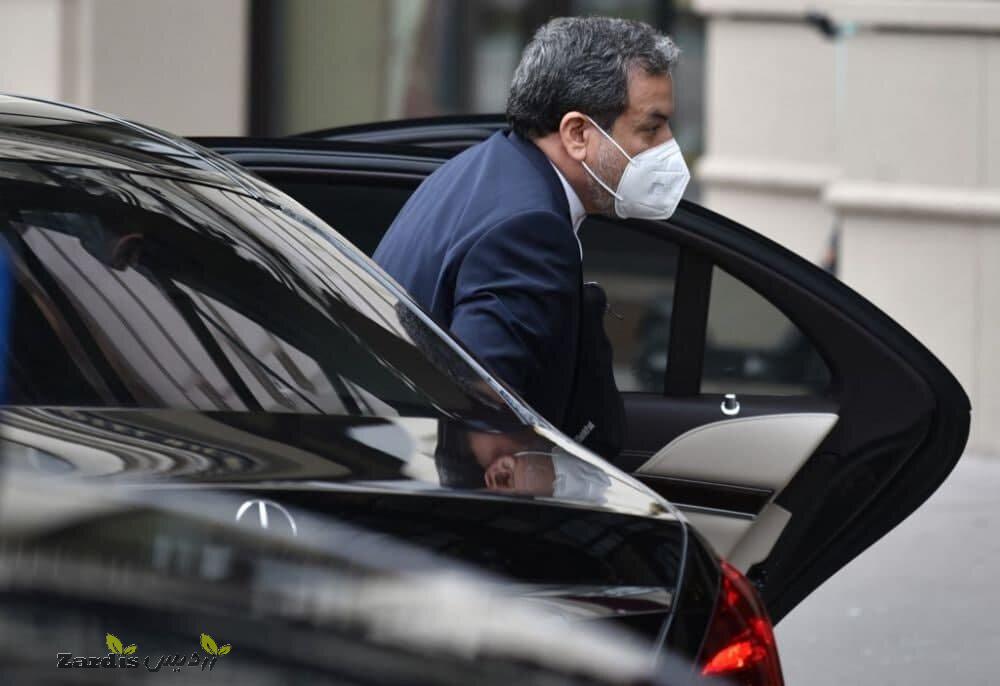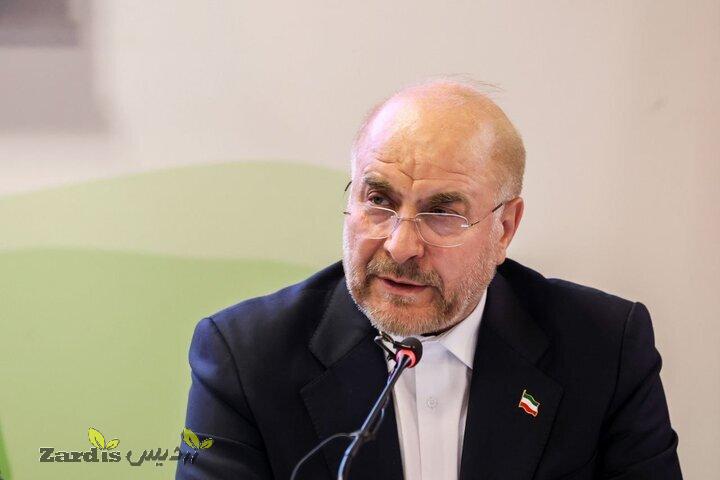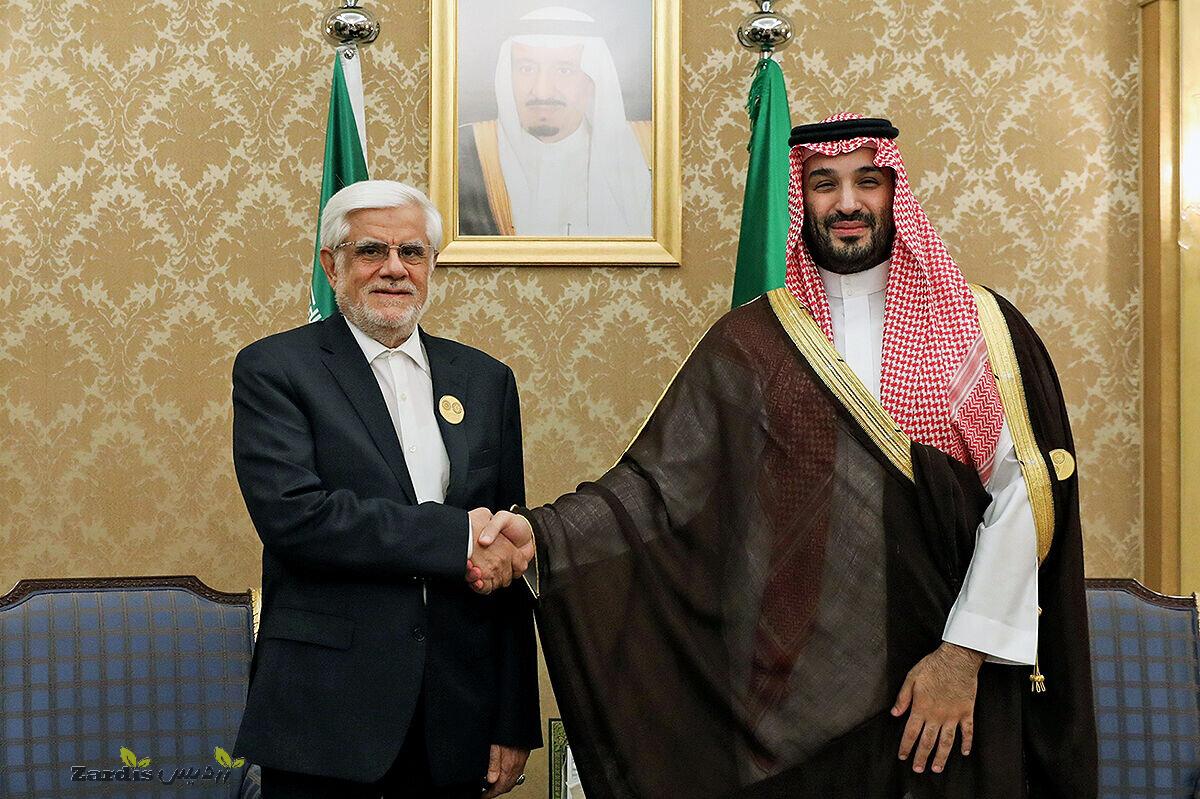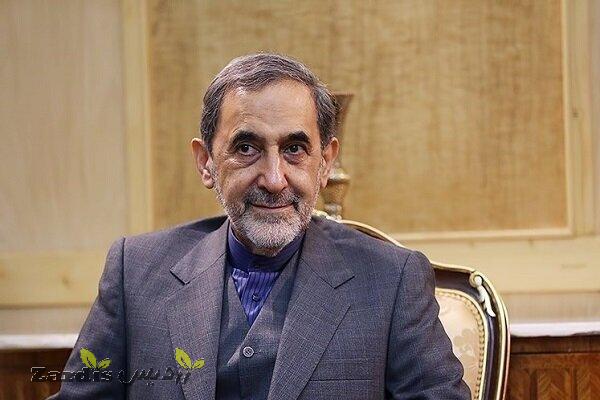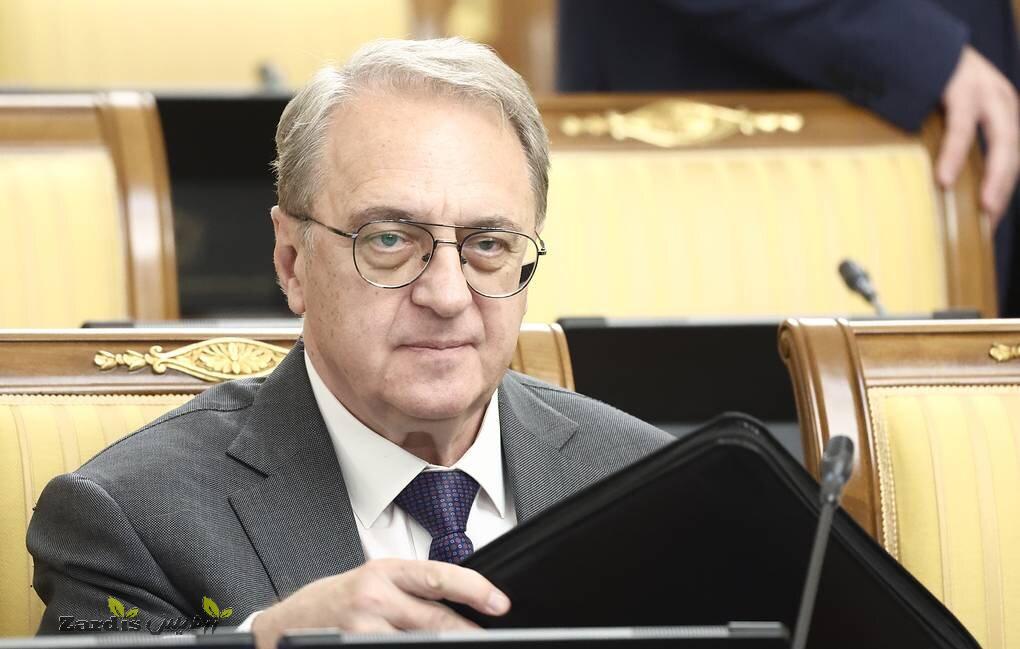TEHRAN – Iran and the remaining parties to a 2015 nuclear deal agreed to continue nuclear deal talks as a top Iranian nuclear negotiator announced that the talks are leading to a new understanding.
Iran’s Deputy Foreign Minister Seyed Abbas Araghchi, who is leading Iran’s negotiating team in the Vienna nuclear deal talks, said on Sunday morning that negotiations between Iran and the P4+1 group were to continue on Sunday in various formats and levels.
“Expert-level working groups will also continue to discuss the two areas of sanctions relief and nuclear issues,” Araghchi said on his Telegram channel.
According to the chief Iranian negotiator, bilateral and multilateral meetings were held on Saturday between Iran and the delegations of the P4+1. Araghchi said he held three meetings with Enrique Mora, the European Union’s coordinator and the chairman of the JCPOA Joint Commission.
Diplomats from Iran and the P4+1 – China, Russia, France, the UK plus Germany- are in the Austrian capital of Vienna to discuss ways of reviving the 2015 Iran nuclear deal, officially known as the Joint Comprehensive Plan of Action (JCPOA). On Saturday, the latest meeting of the JCPOA Joint Commission was held.
In addition to the JCPOA Joint Commission, Araghchi also met with the heads of the delegations of the three European signatories to the Iran nuclear deal.
In the meantime, the expert groups continued their discussions. They briefed the Joint Commission on the results of their talks. Araghchi said the parties agreed to continue talks at the expert-level groups and convene a joint commission if needed.
Following the Saturday meetings, Araghchi said the talks are moving in the right direction.
“After days of intensive talks, it appears that we are now on the right track. But difficult way to go. Too soon to predict the result. Expert groups continue their hard work of clarifying important questions,” he said on Twitter.
Earlier on Saturday, Araghchi said serious disagreements remain but that his country was working on a draft text for reviving the accord that could work as a framework for subsequent discussions.
He said after almost three days of the joint commission’s work, they have formed a commission once again to examine the progress of the discussions that have taken place so far.
The top negotiator noted that not only in the field of lifting sanctions but also in the nuclear issue they reviewed the working groups’ report, adding that good discussions took place within the JCPOA Joint Commission.
He further noted that it seems a new understanding is being formed and there is an agreement on the ultimate goal among all parties, adding that the path that needs to be taken is a path that is now somewhat more well-known, according to the official website of the Iranian government.
The path will not be easy and there are some disagreements, he highlighted.
He stated that there are sometimes serious disagreements that need to be modified during the next negotiations.
As Iran has said many times, the Islamic Republic is not interested in long-term negotiations at all and as much as needed, discussions should be considered and negotiations would continue, Araghchi reiterated.
He went on to say that the negotiations have reached a stage where the parties can start working on a common text and start writing the text at least in areas where there is a sharing of opinion.
Araghchi said that the Iranian delegation has prepared its desired text both in the nuclear field as well as sanctions lifting issue and has presented it to all other parties.
He further noted that the texts they have introduced can be the basis of negotiations and reach a final agreement.
The final agreement will not necessarily be the basis of their texts, but these texts will be the basis of negotiations, he underscored.
He highlighted that within the framework of these texts, they think that reaching an agreement will meet Iran’s demands and the other party’s demands for Iran’s return to its commitments.
The path is clear and the time has come to start writing the text at least on shared opinions, he said.
On the other hand, Mora also hailed progress in the Vienna talks.
“After intensive talks, we have taken stock in the Joint Commission. Progress has been made in a far from easy task. We need now more detailed work. Key that everyone is committed to the same objectives: US rejoining the JCPOA and its full implementation,” Mora said on Twitter.
Russia’s representative to the international organizations in Vienna Mikhail Ulyanov, who is representing Russia in the Vienna talks, said the parties agreed to continue talks in order to avoid wasting time.
“The Joint Commission instructed expert-level working groups on U.S. sanctions lifting and nuclear issues to continue their activities on Saturday afternoon, Sunday and next week in order not to waste time and to make further progress in the negotiations on JCPOA restoration,” Ulyanov tweeted.
The Chinese envoy to the talks offered more details about the continuation of the talks. He said the parties decided to pick up their pace in the coming days.
“All parties have agreed to further pick up their pace in subsequent days by engaging [in] more extensive, substantive work on sanctions-lifting as well as other relevant issues,” Wang Qun told reporters.
Iran has called on the U.S. to lift all the sanctions that were imposed, reimposed, or relabeled by the Trump administration. “The United States must lift its anti-Iran sanctions altogether and in one step if it truly seeks to rejoin the 2015 nuclear agreement,” Araghchi said two weeks ago.
However, the U.S. has shown little interest in removing the sanctions all at once. Iran made it clear that it will not accept any division of sanctions and that all sanctions must be lifted.
“Iran will not accept a division of the Trump-era sanctions into JCPOA-related [ones] and [those] unrelated to the JCPOA,” a senior Iranian official told Press TV nearly two weeks ago.
“For Iran, all the American sanctions — including the Obama-era sanctions, the sanctions restored by Trump and the additional sanctions in the Trump-era labeled as non-nuclear — must be terminated,” the official added. “Iran does not accept and recognize negotiations on a division of the sanctions,” the official emphasized. “Iran’s condition for returning to its JCPOA commitments is the lasting removal of all the sanctions.”
The official said America and Europe must guarantee that the sanctions will not be restored on Iran again after removal.
The official further emphasized that “a short period of time” will not be enough to verify the termination of the sanctions.
Zardis news | The latest news of Iran and the world
تمامی حقوق مطالب برای "Zardis news"محفوظ است و هرگونه کپی برداری بدون ذکر منبع ممنوع می باشد.
طبق ماده 12 فصل سوم قانون جرائم رایانه ای کپی برداری از قالب و محتوا پیگرد قانونی خواهد داشت.



